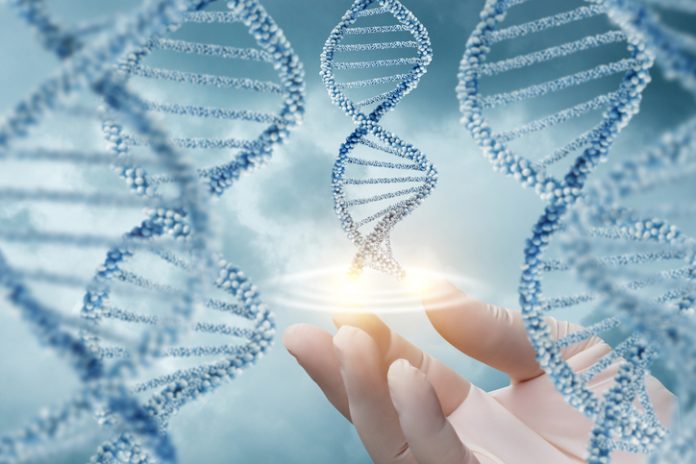Hereditary Angioedema (HAE) is a disease characterized by recurrent episodes (also called attacks) of severe swelling of the skin and mucous membranes. This is a very rare and potentially life-threatening genetic condition that occurs in about 1 in 10,000 to 1 in 50,000 people. HAE symptoms include edema (swelling) in various parts of the body, including: hands, feet, face and airway (throat). Patients often suffer excruciating abdominal pain, nausea, and vomiting caused by swelling in the intestinal wall. The age at which attacks begin varies, but most people have their first one in childhood or adolescence. The frequency of attacks usually increases after puberty. Attacks most often affect 3 parts of the body and include the skin, gastrointestinal tract, and upper airway. Attacks may involve one area of the body at a time, or they may involve a combination of areas. They always go away on their own but last from 2 to 4 days. While people with HAE have reported various triggers of attacks, emotional stress, physical stress, and dental procedures are the most commonly reported triggers. HAE symptoms are not the same for every person, even within the same family. Therefore, patients must partner with an HAE treating specialist like those at the Bernstein Allergy Group to create an individualized treatment plan that leads to a healthy life.
Galbraith Road Office
4665 East Galbraith Rd 2nd floor Cincinnati, OH 45236
4665 East Galbraith Rd 2nd floor Cincinnati, OH 45236
Main Number & Emergencies
513-931-0775
513-931-0775
4665 East Galbraith Rd 2nd floor Cincinnati, OH 45236
Call Us Now
513-931-0775

